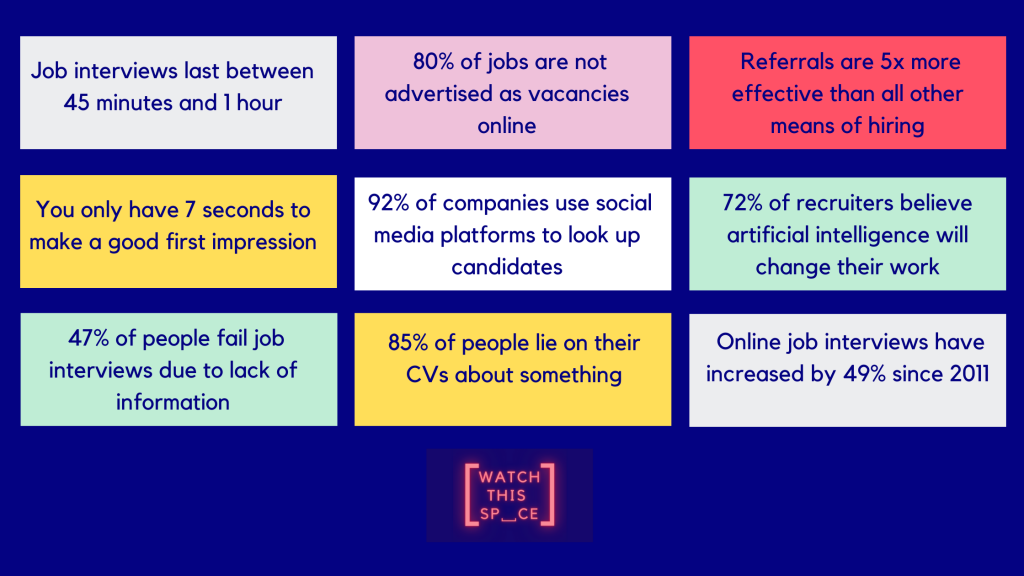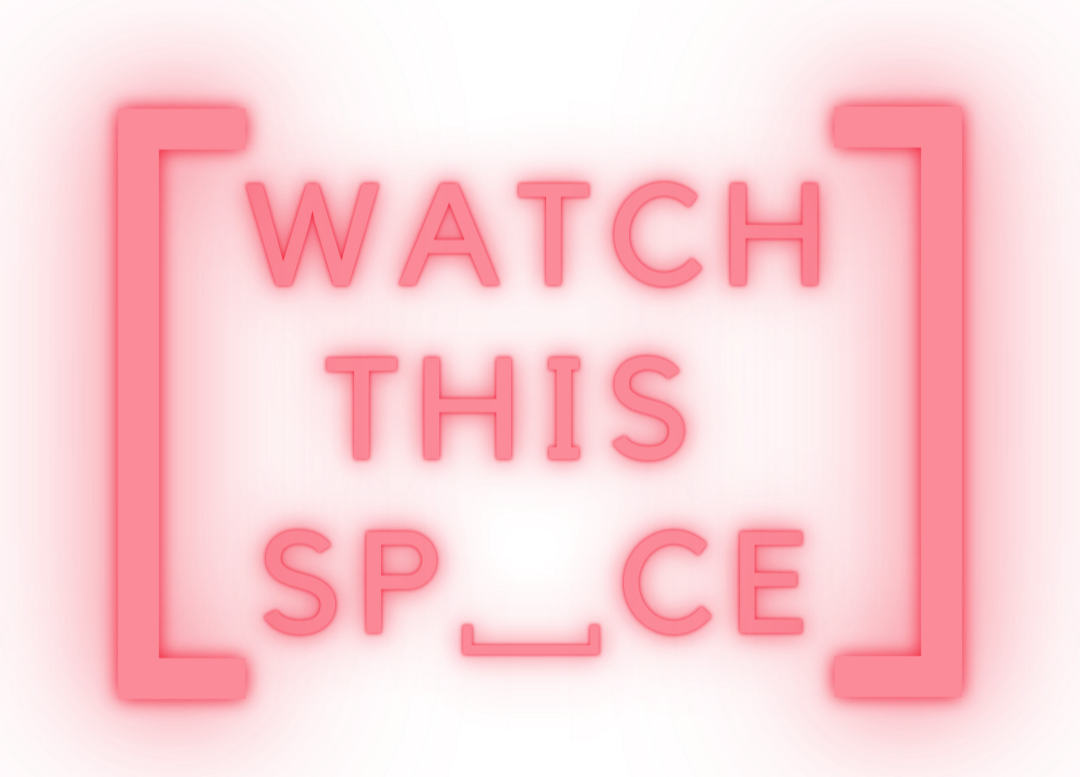Let’s talk about job interviews. Many employers say they are struggling to recruit people, and most candidates dread having to attend job interviews. So, are we thinking about job interviews in the wrong way? Are we seeing them as a series of impossible tasks to set for candidates to try and trip them up? Is it now time to flip that notion on its head and view job interviews in a different way? How about we start thinking of them as great opportunities for both employers and candidates?
What’s the point of job interviews?
To get a new job, the standard format for most people is that they attend a job interview, so that the potential employer can meet them and ask them questions. But why do most people dread them so much? Well, many employers view them as a chance to interrogate people, to try and catch them out and to set traps for people. They think about difficult tasks and trick questions that only certain types of people will be able to answer. However, they should really be a chance to go beyond the written application, to find out which person is best for the role and for candidates to find out more about the employer and ask their own questions.
Interviews are actually about a two-way conversation between employers and candidates. This is the opportunity for candidates to assess whether the role is right for them. To find out more about whether this is the right employer to join. For employers this it the time to explain more to candidates about the organisation and role. The job interview process is about both parties finding out if they are right for each other.
In a job market where there are so many vacancies, and when employers want to recruit a diverse range of candidates, perhaps it is now time that we stop with the interrogation style format and think about interviews in a different way?
How can we improve on job interviews for candidates?
So, now that we’re not seeing job interviews as traps to set for candidates, let’s think about how we can make them better for everyone. To recruit a diverse range of people means thinking about how people are different. Everyone has different styles of working, communicating and processing information. To find the best candidate for your role, think about how you can make the process comfortable and friendly for people:
- Explain the process – tell people what will be expected of them, how many stages there will be, how many people will they meet? How much time is allocated to the process?
- Offer adjustments – and with that explanation, tell people they can talk to you about any adjustments they require to be able to perform at their best in the job interview.
- Share information – a great way to create a level field is to tell people in advance what the questions are, and share clear information about any tasks that will need to be completed, giving people time to prepare.
Finally, make sure people can ask questions before the interview and have a contact name, and plan the interview to allow time for any further questions at the end.
For employers?
There is a lot of preparation that employers should do to prepare for interviews and ensure all candidates are given a fair chance. There needs to be sufficient time allocated to preparing for interviewing candidates and here’s some things to think about:
- Create your panel – think about who is going to interview, and consider what different perspectives you want, if you want to be inclusive, then you need a range of different types of people involved, and there’s no need to have too many people, that can be intimidating!
- Clear scoring – think about what you are looking for in this role and create a scoring grid for candidates so that you score them all in a level way. The interview panel should not share their scores until the end, when you all review together.
- Consider your words – when you are creating that scoring, what are you actually looking for? If you say ‘culture fit’, for example, do you mean people who are the same as the people already in your organisation? Think about the words you are using carefully to encourage a range of people and voices.
The interview panel needs to meet beforehand to discuss the scoring and the words to be used but should not share any thoughts about candidates until the wrap-up session after all the interviews have taken place. Particularly if a CEO is involved, they should allow others in the panel to speak first in the review section. All interview notes must be saved as candidates can ask to see the notes. So be respectful in the notes you make about people.

And some thoughts…
Video interviews – if you are interviewing over video, please make sure you are all clearly visible, in a well-lit location, with cameras on.
Scoring fairly – when you are thinking about what to score people on, make sure it’s a fair assessment and not too subjective.
Follow ups – don’t leave people hanging! Tell them in the interview when they can expect to hear from you either way, and stick to that time.
And most importantly, don’t forget to sell your role and organisation to candidates. This is a two-way conversation and you want people to want to work for you. For those who are not successful, you want to leave them with a good impression. So sell the vision of the organisation and role, and tell them why you love what you do and share your excitement about the vacancy.
We run a training course on Inclusive Recruitment. If you’re interested to have a chat about it, email hello@watchthisspace.uk
